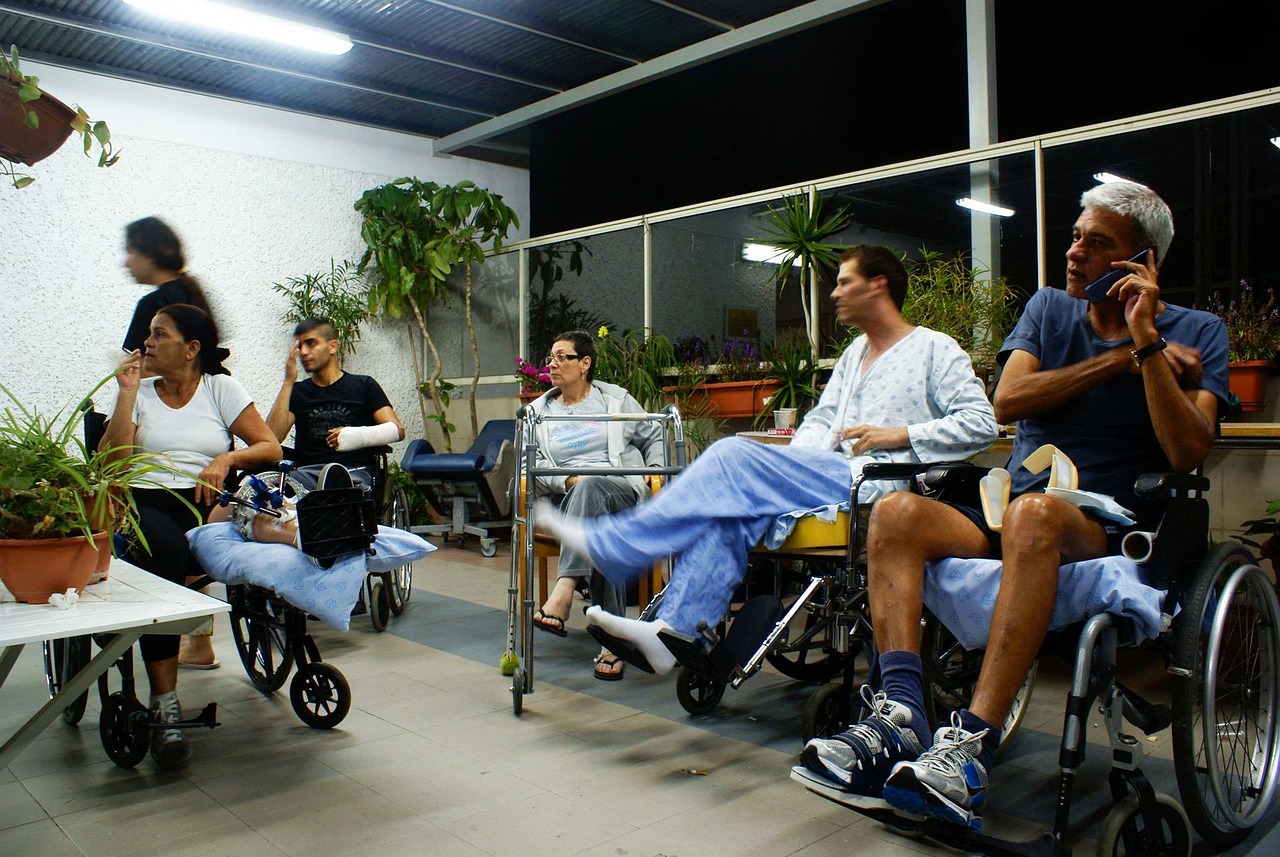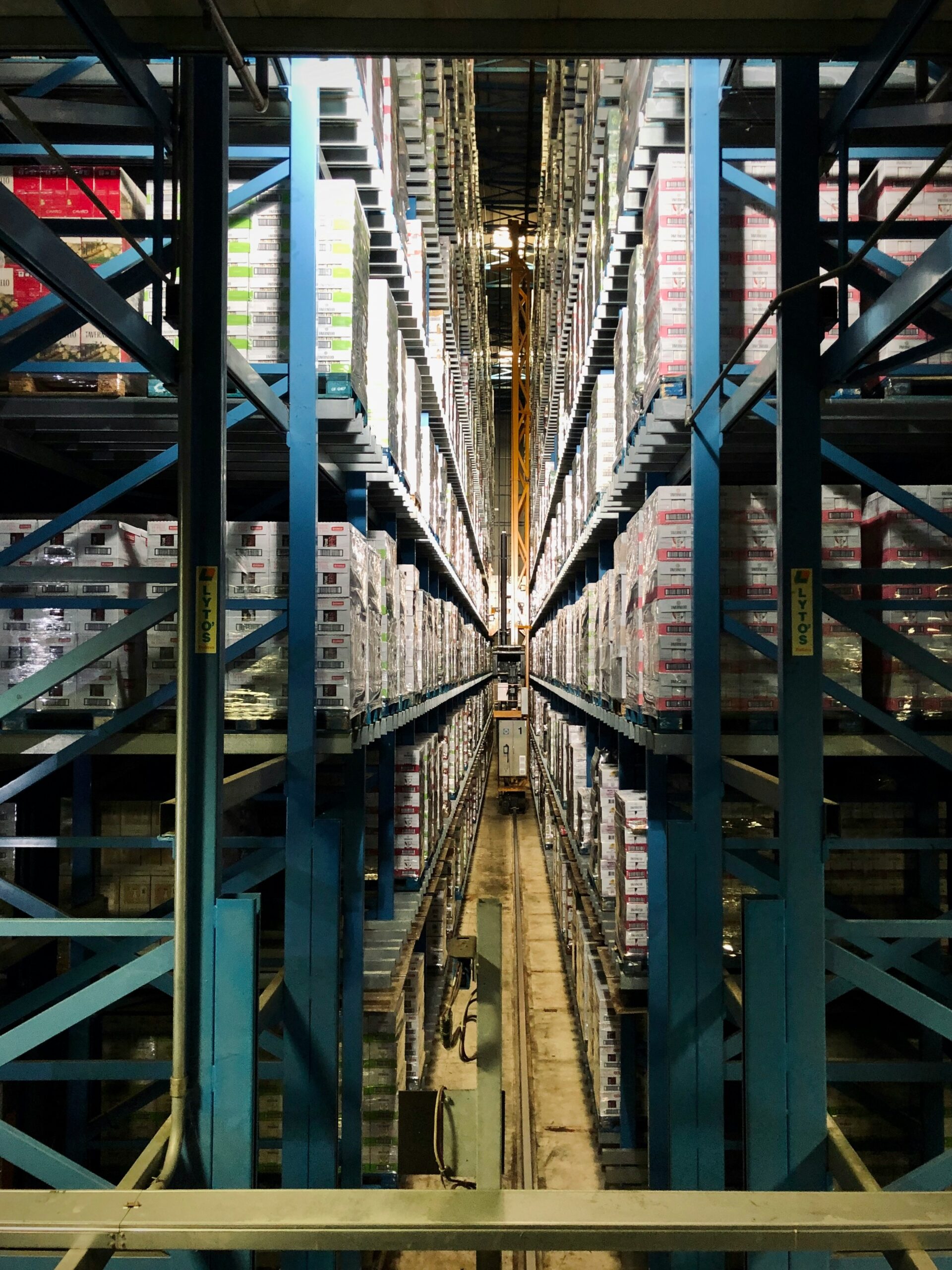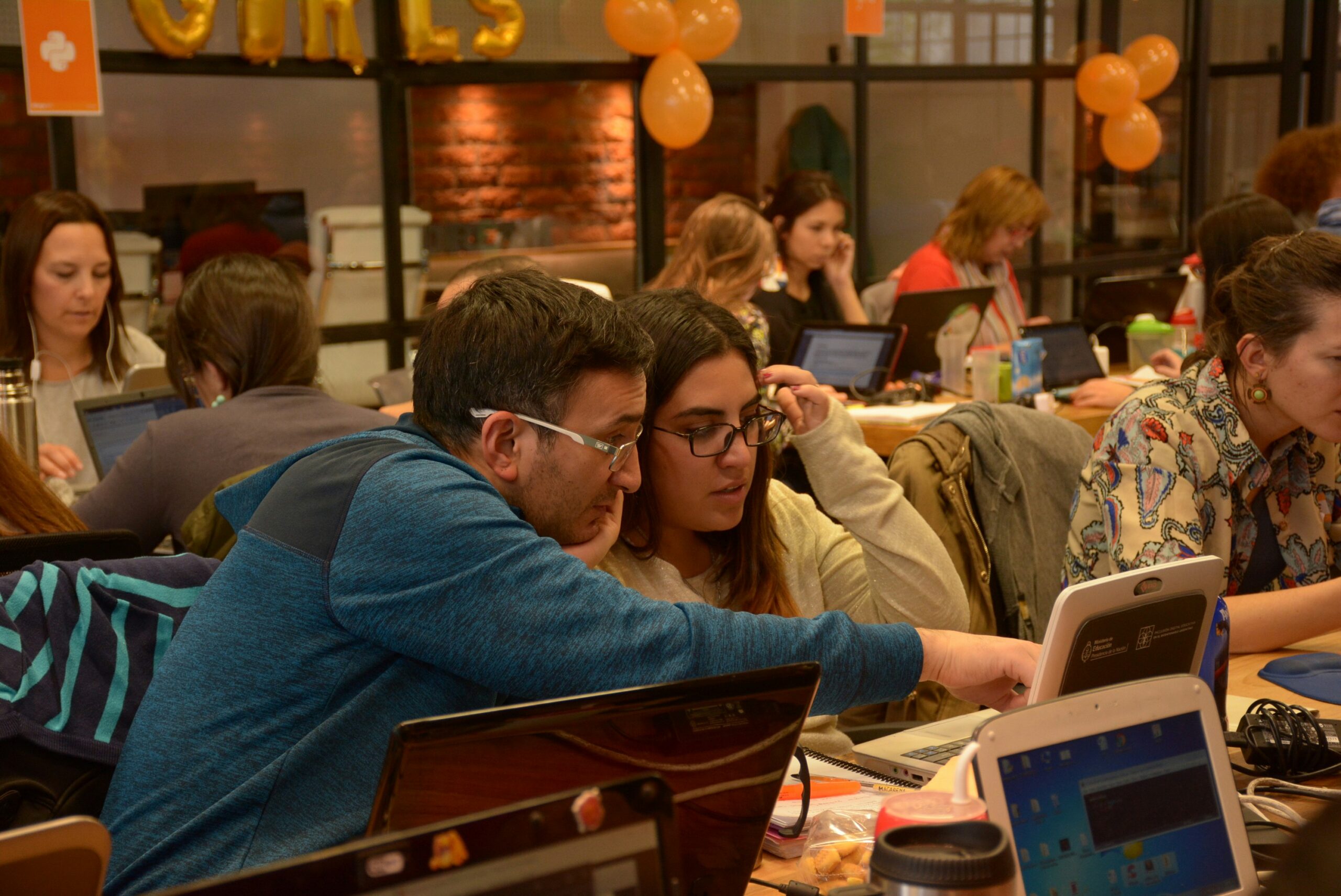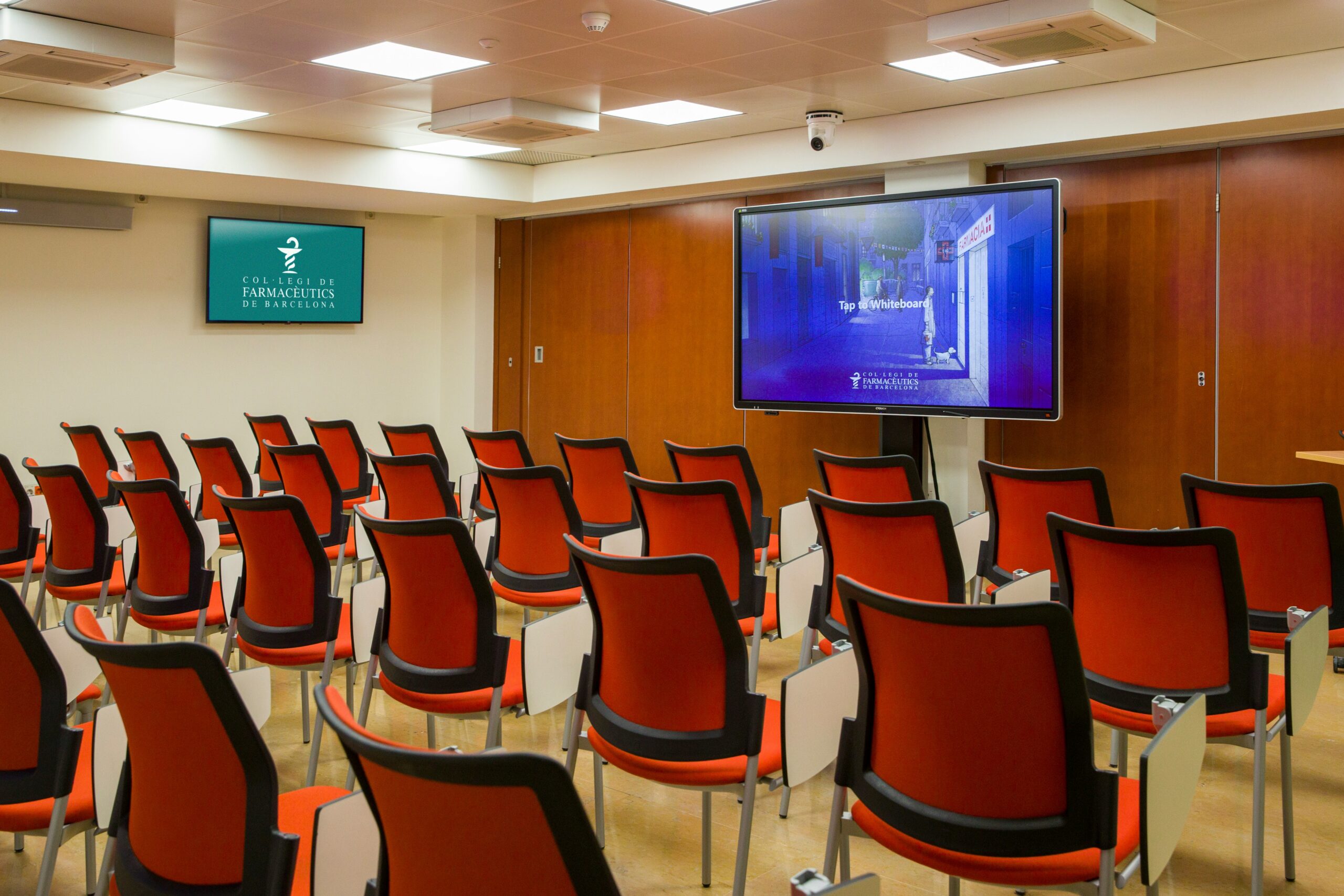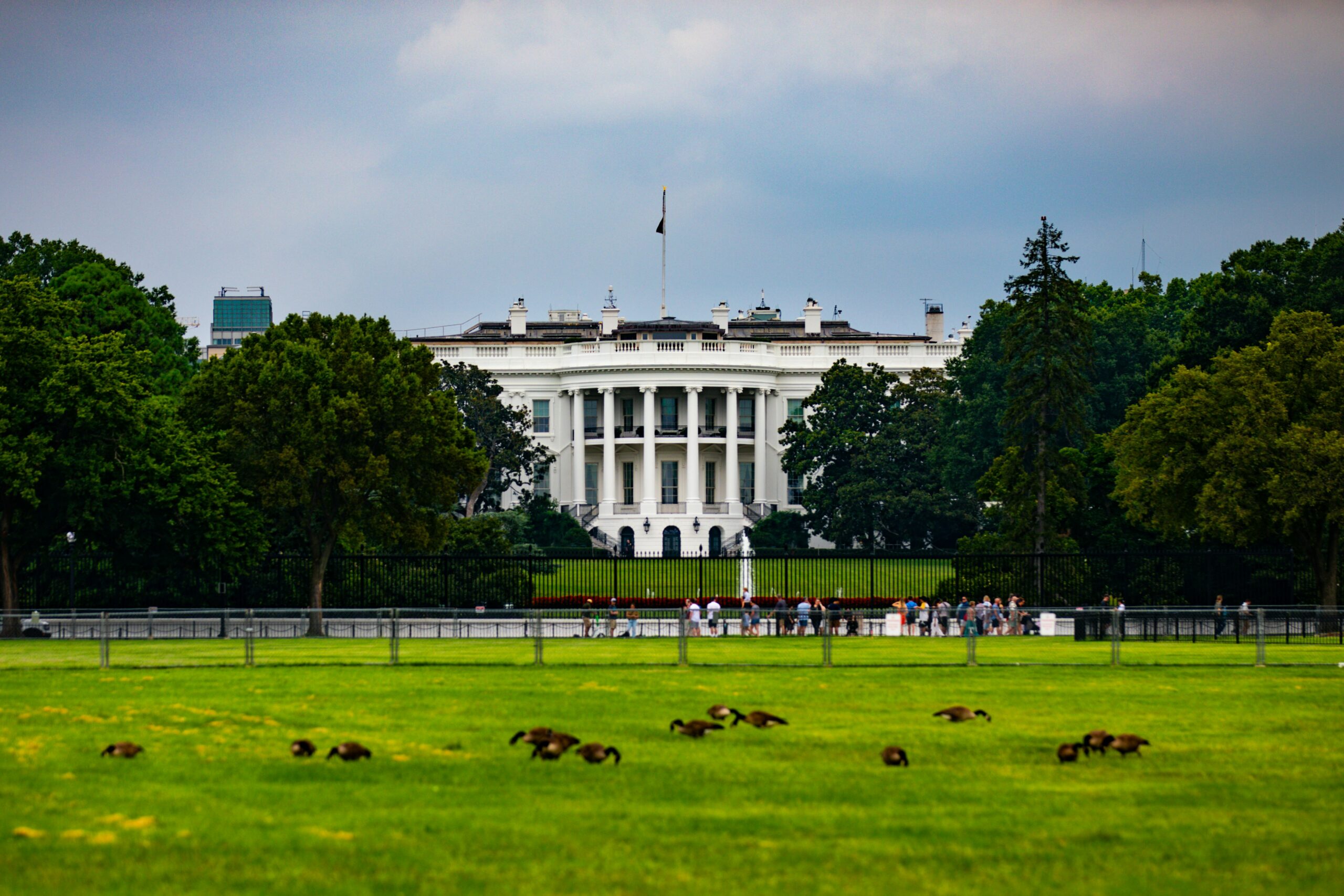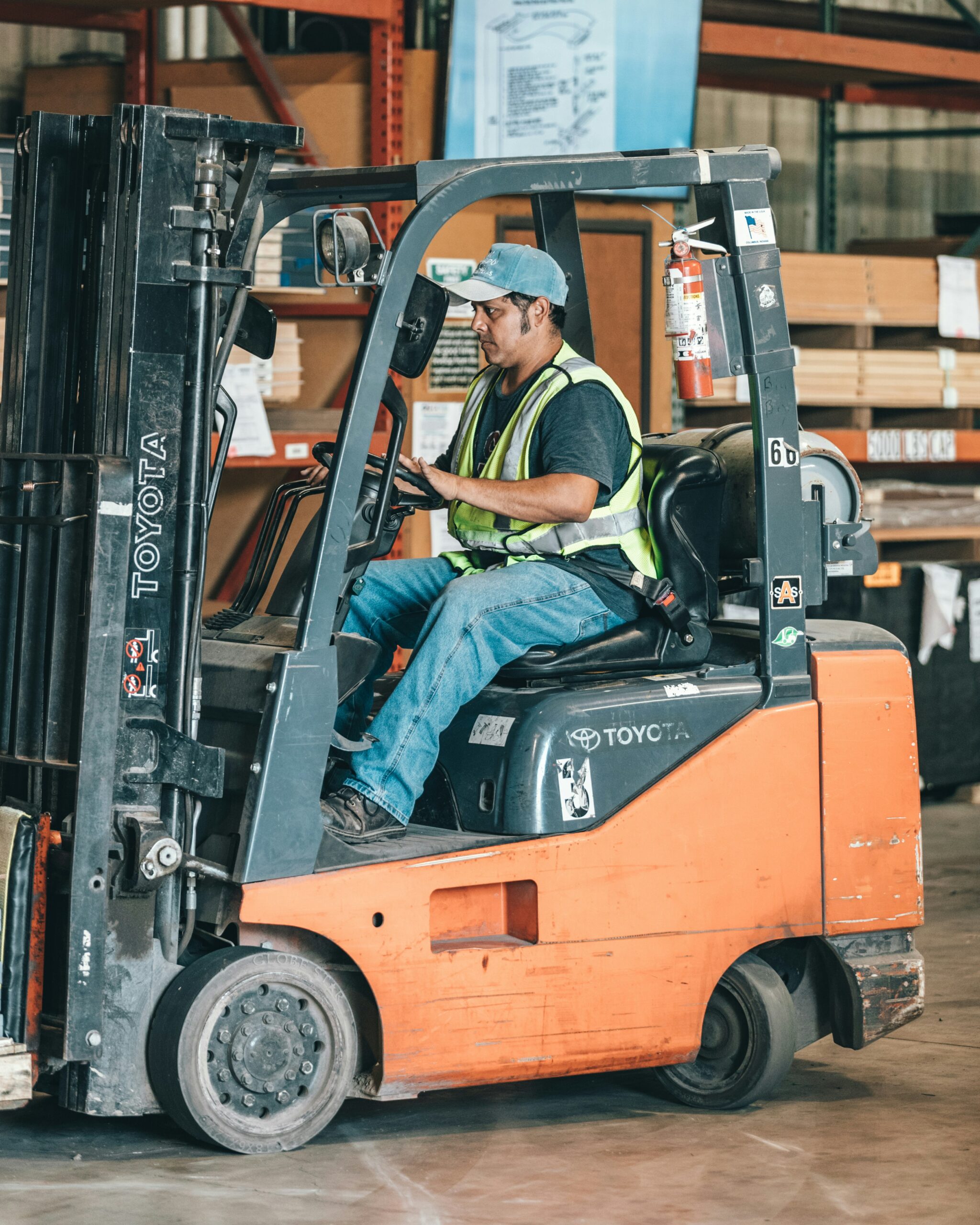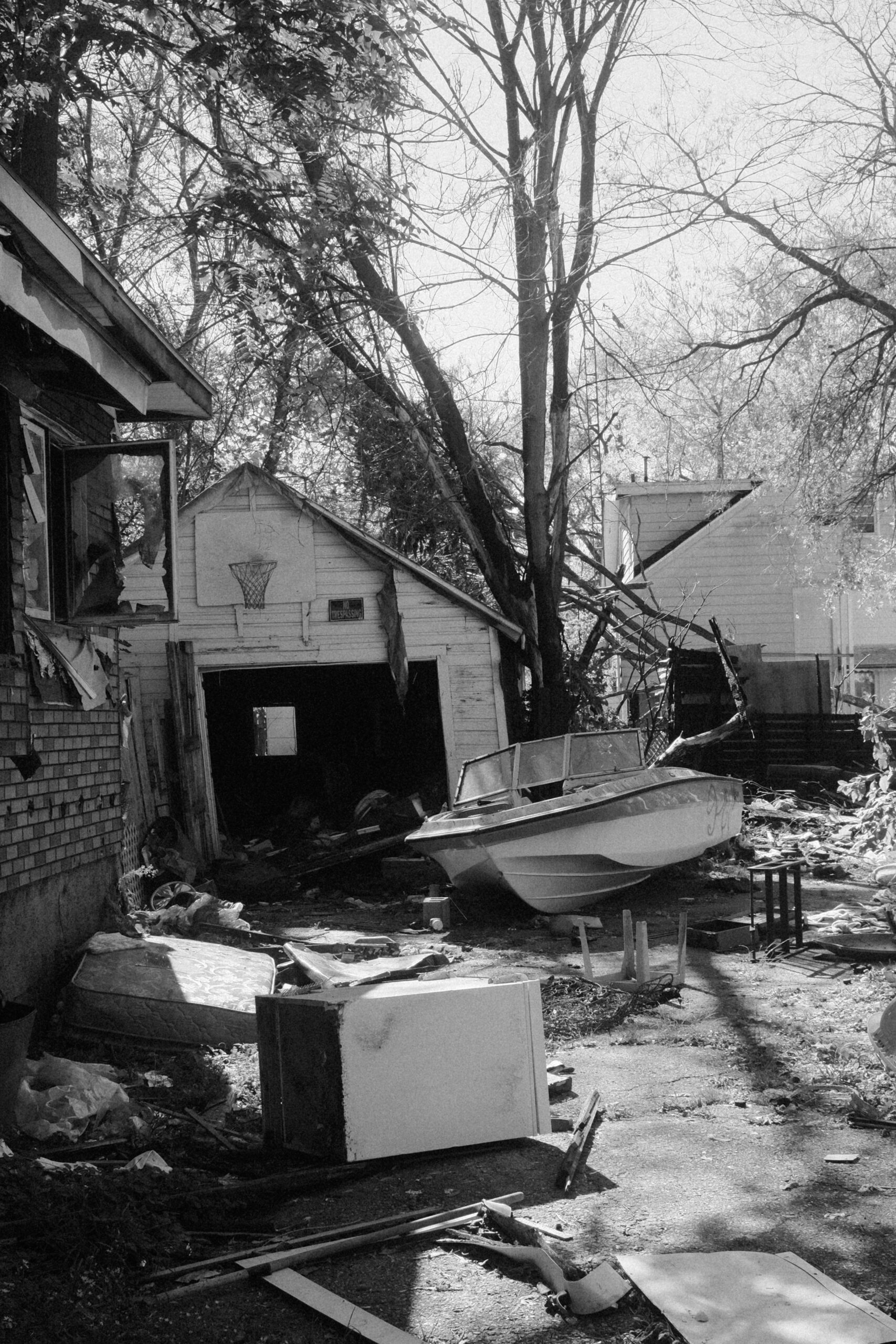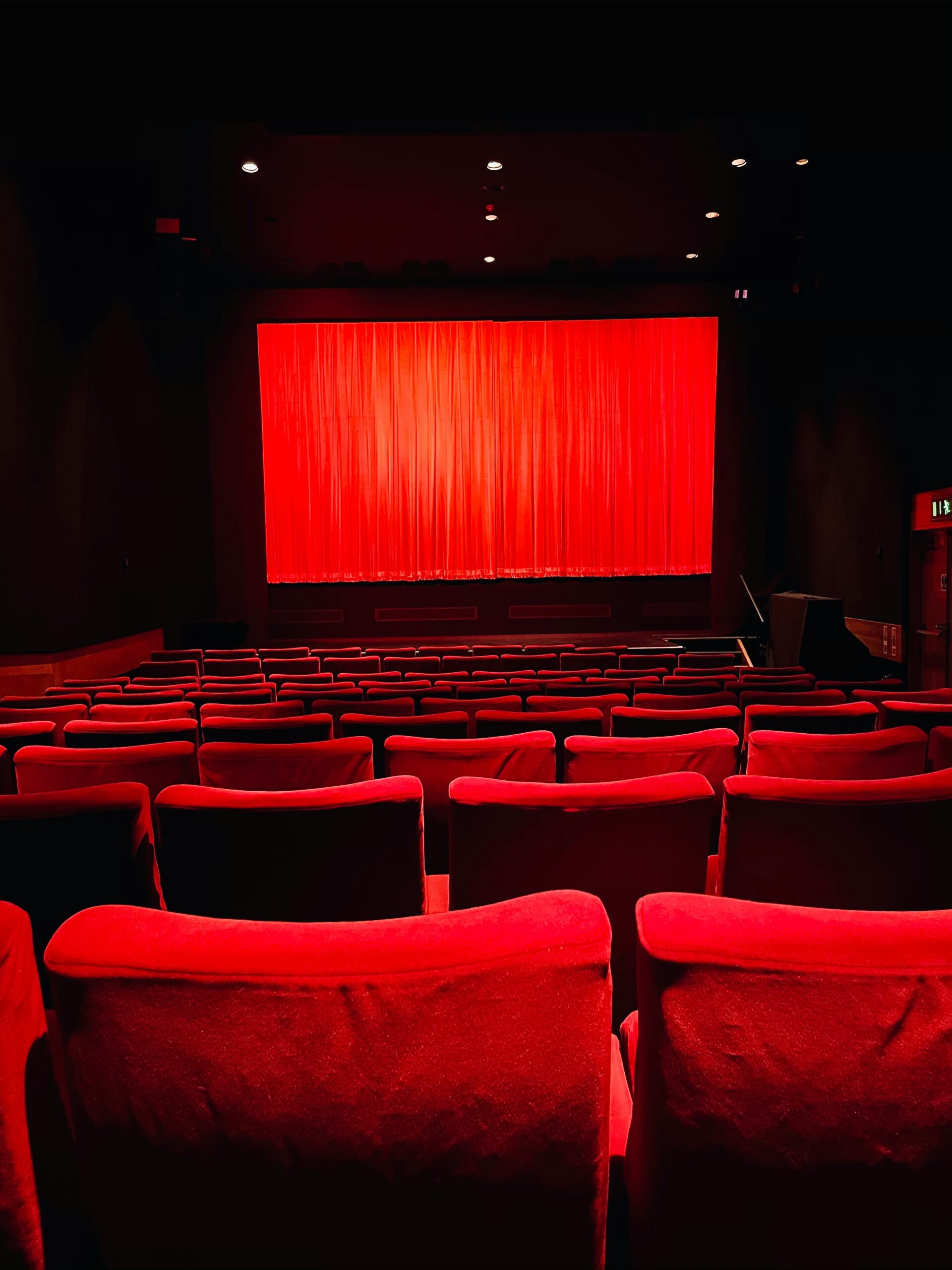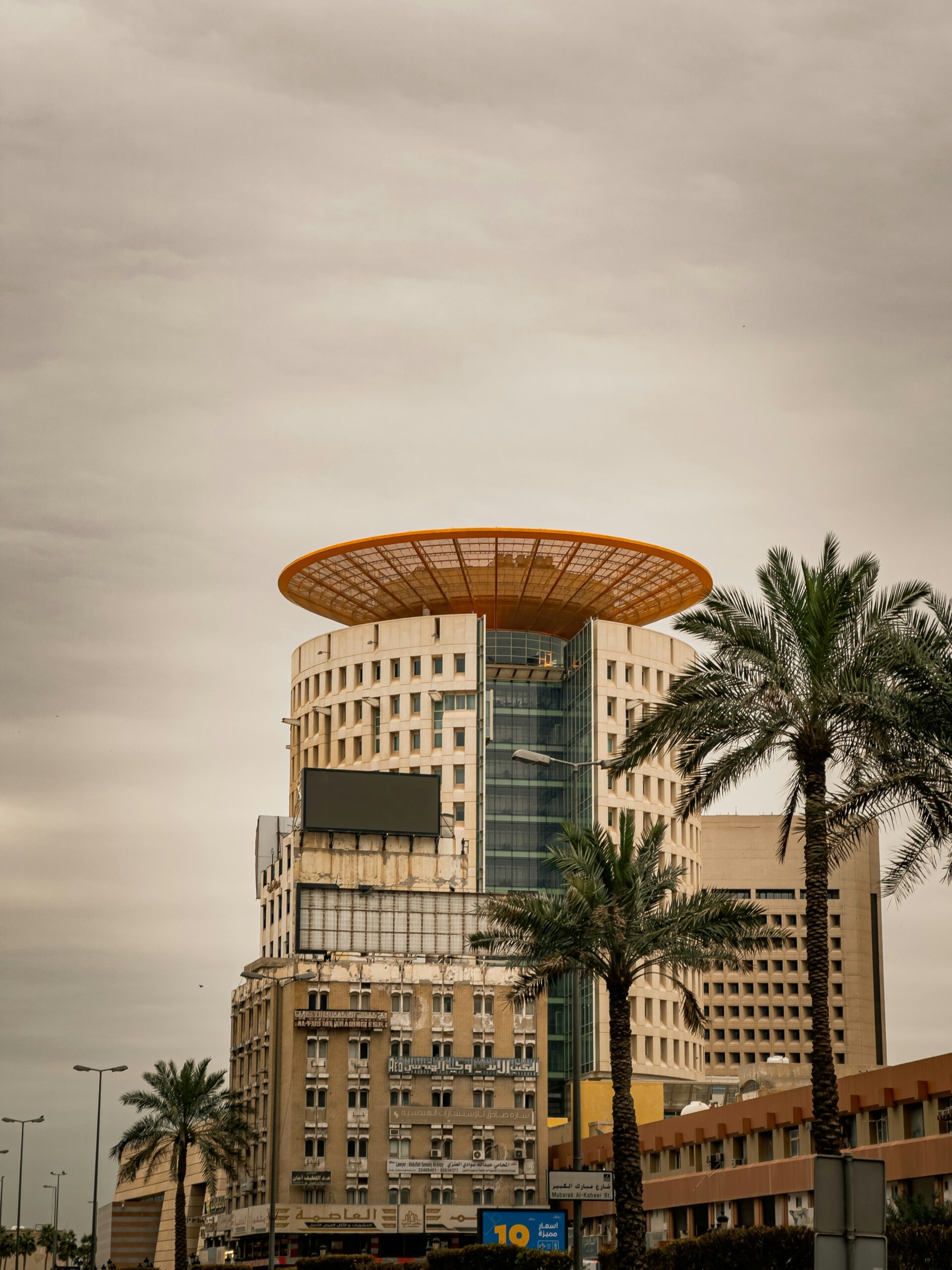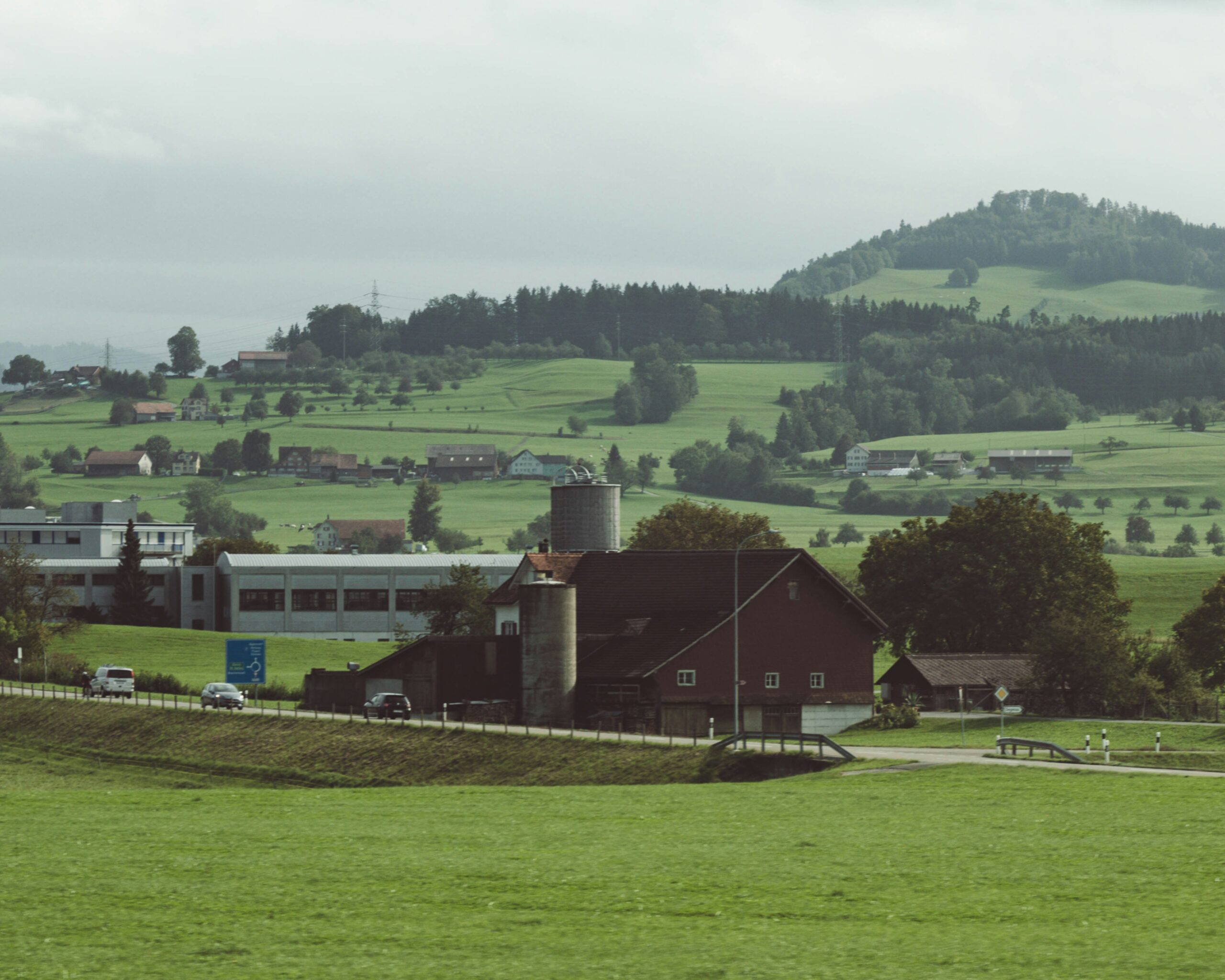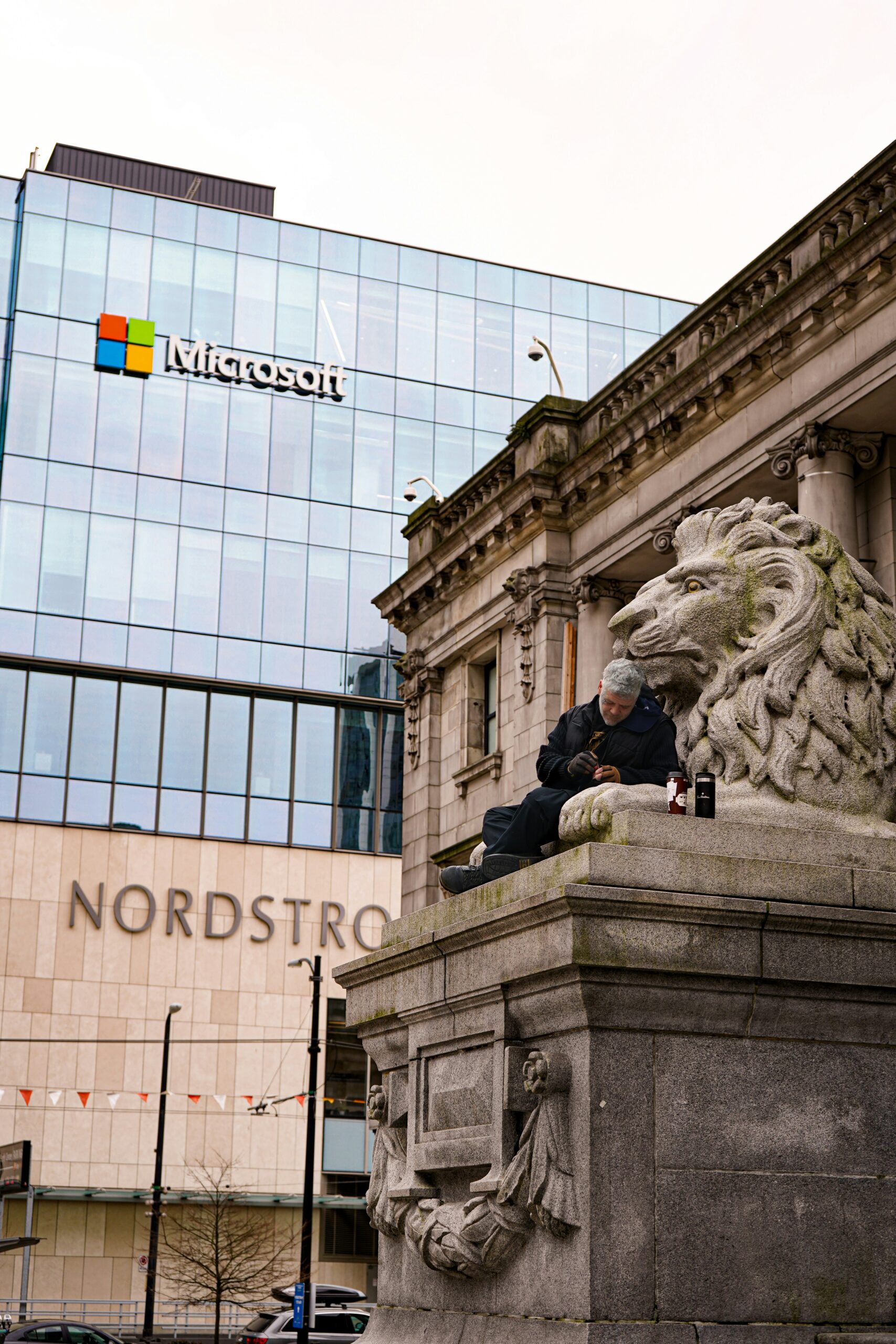Image credit: Pexels
In the aftermath of COVID lockdowns and multiple strikes, the film and television industry saw a massive shift in the number of projects being made. After several years of enforcing slowdowns due to these industry-shifting events, it’s been more challenging to get the wheels all turning again.
Thus, as a slow year for film and television production comes to a close, Georgia’s largest film industry trade association has elected a new set of leaders.
Founded in 2018, GSEC is a lobbying group representing stakeholders in Georgia’s film industry, including soundstages, production companies, regional film commissions, and key vendors. During the last session, GSEC was at the state Capitol lobbying against the legislative effort to rein in the state’s film tax credit program.
The most recent state audit to examine the credit — released in December last year — said the industry will recoup $1.35 billion worth of credits this fiscal year. However, the credit has come under fire recently, with critics calling it a taxpayer burden.
As the industry moves into a new year, Brennen Dicker, executive director of the Georgia State University Creative Media Institute, has been named the new chair of the Georgia Screen Entertainment Coalition. Michael Clark, the general manager at Eagle Rock Studios, will serve as vice chair.
GSEC’s Contributions to Film and Television
The industry says that GSEC is responsible for about $4.4 billion a year in direct spending in Georgia, and it estimates that 92% of the film work done in the state would only occur with the ability to receive tax credits. However, the December audit found that the industry creates far fewer jobs than supporters of the credit say, and the tax credit costs taxpayers $59,455 per job.
The measure to put added controls on the film tax credits, which would’ve added more hurdles to receive the maximum 30% tax credit and limited how many tax credits could be transferred in a given year, did not pass. It must be clarified if a similar effort could return this coming session.
GSEC has a big challenge to navigate this year: the total recalibration of the film and
television industry. Production is down from a peak that drove a significant boom in studio construction in Georgia over the past five years, leaving many owners and operators with empty soundstages. Tentpole productions that have kept many stages in Georgia busy over the last few years are moving to Europe.
Post-Megalopolis Changes
Even Francis Ford Coppola, who shot his buzzy Megalopolis feature in Atlanta last year and rehabbed a hotel in Peachtree City to house his family (and, now, film buffs everywhere) during its production, is shooting his next feature in London.
Production is not at a standstill in Georgia. Features, television series, and reality shows are still being filmed, even this month when production calms during the holidays.
However, it is anyone’s guess whether projects will resume at a pace next year that keeps soundstages more than halfway occupied, allows vendors who depend on the industry to stay afloat, or leaves both crew members and actors with steady work.
GSEC, affiliated with the Georgia Chamber of Commerce, streamlined its leadership from two levels to a single board this year. Executive Director Kelsey Moore said that two boards became convoluted as the organization grew. The changes ensure the organization can operate more efficiently.
A Brighter Cinematic Future
Moving into next year, Moore said GSEC wants to ensure elected officials understand the industry’s economic impact on the state and that the film business understands the state has the infrastructure and crew base to support productions. The organization plans to launch a new strategic plan in January.
“Even if you don’t see a movie crew on your street, we want them to understand that doesn’t mean that film is not impacting your community,” Moore said. “The caterer or restaurant down the street may be serving the industry, or the lumber mill might be sending timber outfits to the studios.”
As the Georgia entertainment industry recovers, Moore adds that it needs to protect what it’s built. “The posture that we should be moving into this session is that we’ve done this incredible thing, and countries and states are trying to copy what we’ve done,” Moore concludes. “We need to protect it.”













